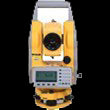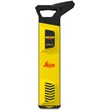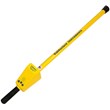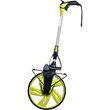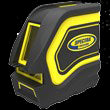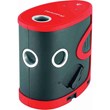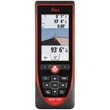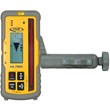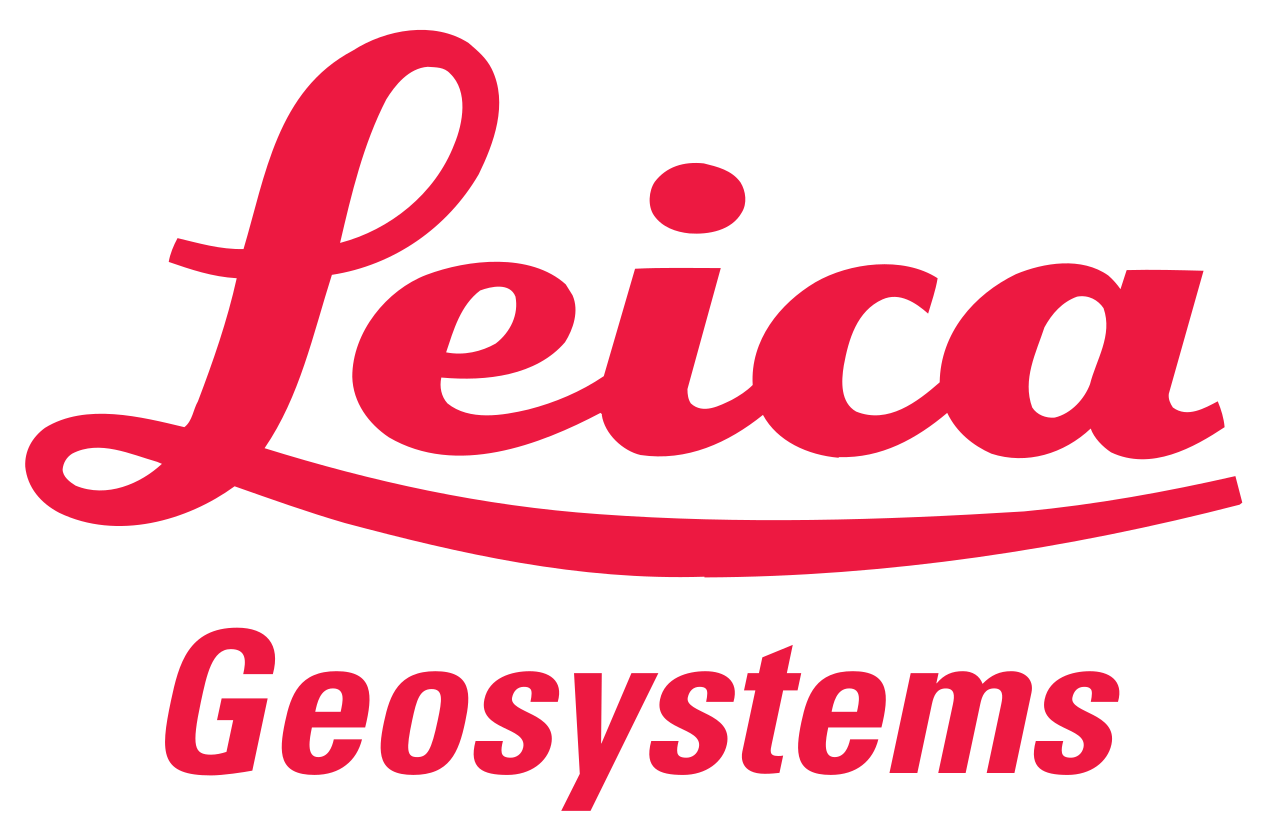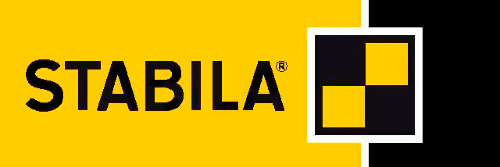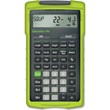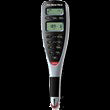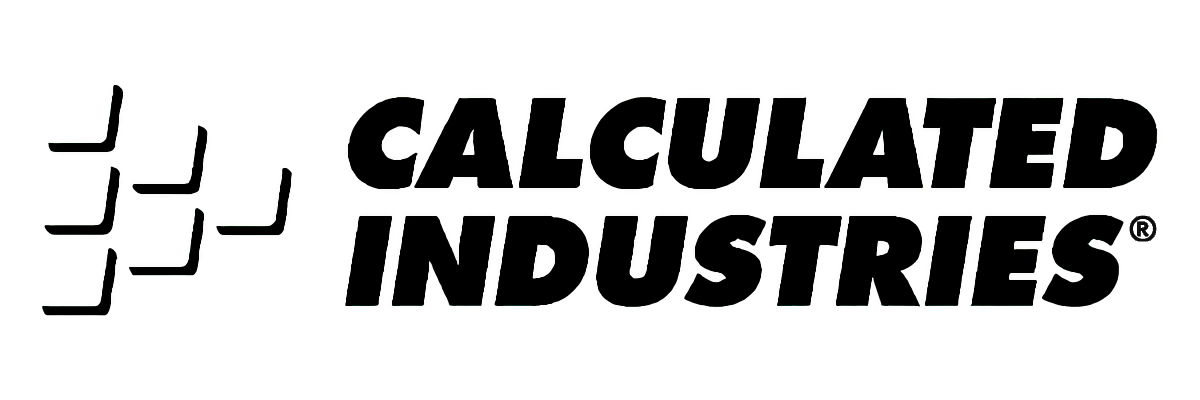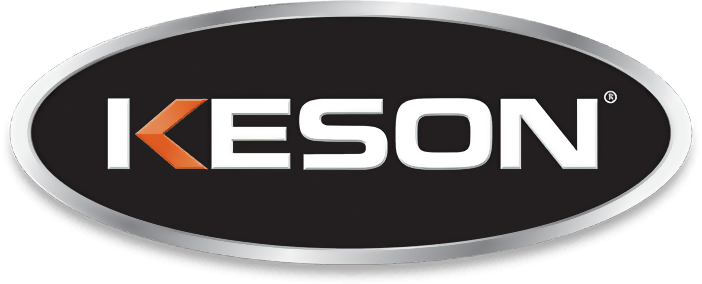Fire Extinguishers
This collection is empty
View all productsFire Extinguishers
Fire extinguishers are portable tools used to put out a small fire by applying a substance that deprives the flame of oxygen, cools the burning material, or interferes with the chemical reactions occurring in the flame. With the exemption of family homes, manufactured homes, and duplexes, all kinds of industrial, commercial, and residential buildings are mandated by the National Fire Protection Association (NFPA) to make fire extinguishers accessible in strategic locations.
Types of Fire Extinguishers
The kind of fire extinguishers that should be used depends on several factors including the type and size of fire that is most likely to occur, as well as the fuel type of potential fires, i.e. the specific kinds of flammable materials found in the building.
Fire is classified into five categories, with each requiring a different kind of fire extinguisher:
Regardless of the type of fire, all kinds of fire occur because of the presence of three things: fuel, oxygen, and heat. Remove one of these and the fire will die. Each type of fire extinguishers works differently to effectively put out the fire:
How Many Fire Extinguishers Does Your Building Need?
This depends on several factors including your building’s fire hazard level and size. The minimum standard set by the NFPA is that a person should have to walk no more than 75 feet to reach a fire extinguisher. For a full explanation, you can refer to NFPA 10 and OSHA Safety and Health Regulations for Construction 1926.150: Fire Protection.
For your fire extinguisher needs, Tiger Supplies carries a wide range of fire extinguishers from major brands including Amerex.

